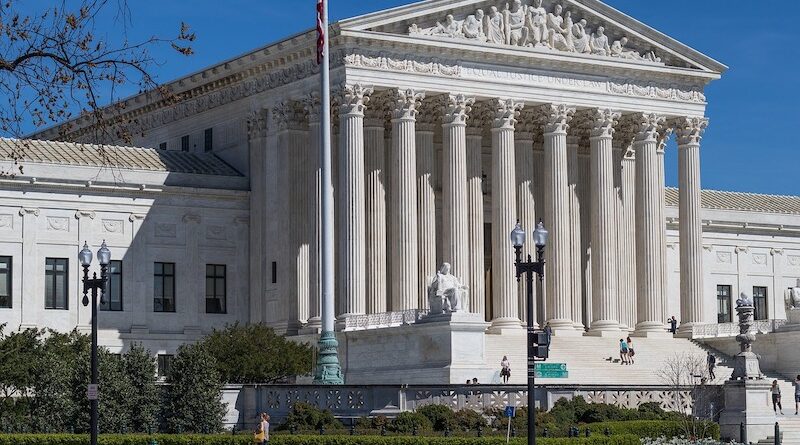SMU President Reacts to SCOTUS Affirmative Action Ruling
The Supreme Court’s vote June 29 ended colleges’ ability to consider race in the admissions process.
Per the AP, the court’s ruling “overturned cases reaching back 45 years in invalidating admissions plans at Harvard and the University of North Carolina, the nation’s oldest private and public colleges, respectively,” on the grounds their admissions programs violated the Equal Protection Clause of the 14th Amendment.
In the court’s opinion, Chief Justice John Roberts wrote, “Many universities have for too long wrongly concluded that the touchstone of an individual’s identity is not challenges bested, skills built, or lessons learned, but the color of their skin. This Nation’s constitutional history does not tolerate that choice.”
Justices Sonia Sotomayor and Ketanji Brown Jackson wrote dissenting opinions.
“Although the Court has stripped out almost all uses of race in college admissions, universities can and should continue to use all available tools to meet society’s needs for diversity in education,” Sotomayor wrote. “Despite the Court’s unjustified use of power, the opinion today will serve only to highlight the Court’s own impotence in the face of an America whose cries for equality resound.”
After the decision, SMU president R. Gerald Turner issued a statement affirming the university’s “dedication to our mission and core values – including our commitment to an inclusive student body, faculty, and staff.”
“Our community is enriched by a broad range of differences on our campus and in our classrooms, including geographic origin, gender, age, race, cultural identity, economic backgrounds, physical abilities, sexual orientation, personal talents, and political ideologies. This diversity, woven into the academic excellence of SMU, serves as a catalyst for our students to be culturally intelligent and excel as critical thinkers and compassionate citizens, equipping them for a globally interconnected world,” Turner wrote. “Despite the implications this ruling may have on policies and practices at SMU and every other college campus in America, we will continue to be a welcoming and supportive community. We will determine how the specifics of the high court’s ruling will affect the consideration of race in our enrollment efforts.”









